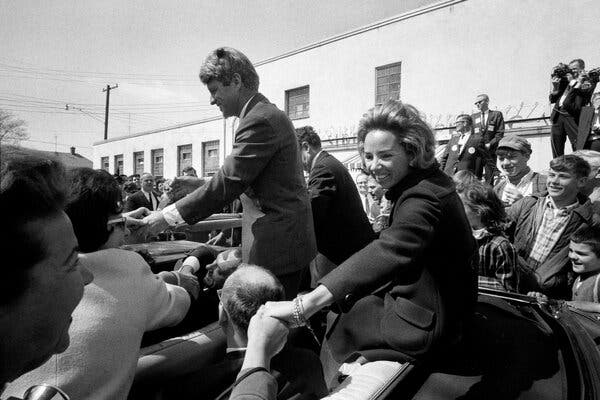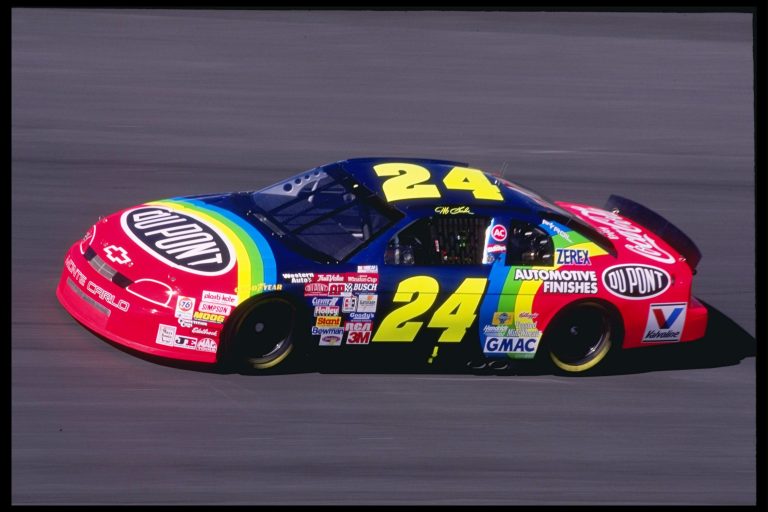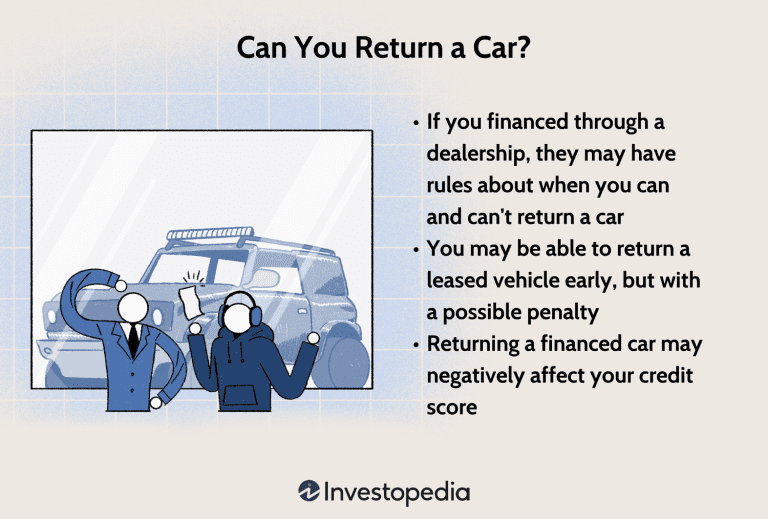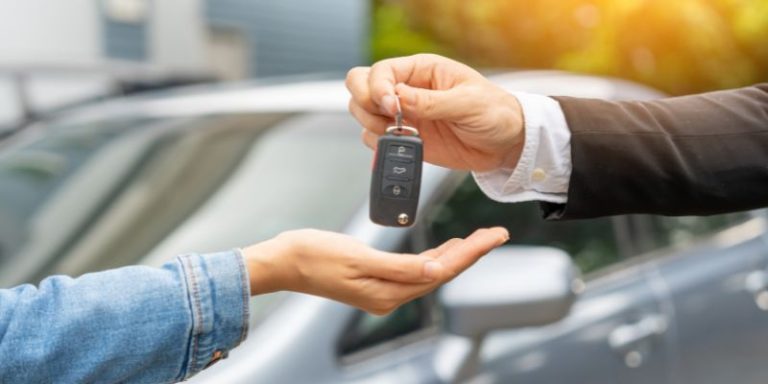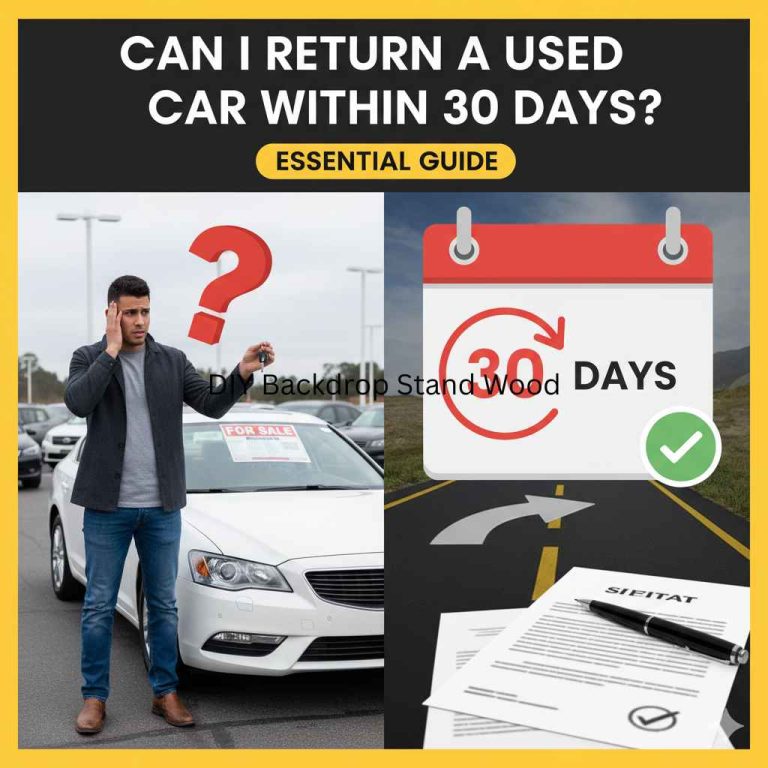What Happens to My Husband’s Car If He Dies: Legal Insights
If your husband dies, what happens to his car? This common question worries many spouses.
The answer can vary based on several factors. Understanding what happens to a deceased spouse’s car is crucial. Various legal and financial aspects come into play. State laws, probate processes, and existing loans can influence the outcome. Knowing these factors helps you prepare and make informed decisions.
This blog will guide you through the potential scenarios and provide clarity on this sensitive issue. Whether it’s transferring ownership, dealing with loans, or understanding probate, we aim to simplify the process. Let’s explore what happens to your husband’s car after his passing.

Credit: m.facebook.com
Immediate Steps After Death
Upon a spouse’s death, the car typically becomes part of their estate. The vehicle’s ownership transfer follows legal procedures.
Notify Authorities
Notify the police right away. They need to file a report. Get a copy of the death certificate. It helps in many processes later. Inform the insurance company. They will need this information. Contact the DMV to update car records.
Secure The Vehicle
Make sure the car is safe. Park it in a secure location. Remove all personal items. Lock the doors. Keep the keys in a safe place. Inform family members about the car’s location. Check the insurance status. Ensure the car has active insurance.

Credit: leslievernick.com
Locating The Will
A will tells what happens to your husband’s things. It includes his car. It shows who gets the car. This is very important. Without a will, it can be hard to know. Family may argue. The will stops this. It makes things clear. Everyone knows the plan.
Search for the will in the house. Check desks and drawers. Look in important documents. Ask family members. They might know. The lawyer might have it. Call them to check. Banks sometimes keep wills. Try asking there. Do not give up. The will is important. Keep searching.
Probate Process
Probate is a legal process. It happens after someone dies. The court reviews the will. They decide how to divide the property. This includes cars and other assets. If there is no will, the court decides who gets what. Probate can take time. It can also cost money.
The executor is a person named in the will. Their job is to manage the estate. This means paying bills and distributing property. If your husband’s car is part of the estate, the executor will handle it. They may sell the car or give it to a family member. The executor follows the will or court instructions.
Transferring Ownership
To transfer the car ownership, gather some important documents. You will need the death certificate of your husband. The car’s title is also required. A proof of identification for you is necessary. This could be a driver’s license or passport. You may also need the probate documents if the car is part of the estate. Make sure all documents are original and notarized if needed.
First, visit your local Department of Motor Vehicles (DMV). Submit the required documents there. Fill out the title transfer form. Pay the necessary fees. The DMV will then process the transfer. You will receive a new title in your name. This process can take a few weeks. Make sure to follow all local laws and regulations.
Handling Financed Vehicles
The car loan does not vanish. The remaining loan balance must be paid. The loan agreement still stands.
If payments stop, the bank can repossess the car. They need their money back.
The lienholder has rights to the car. They can take it if no payments are made.
They may sell the car. They want to recover the loan amount.
Insurance Considerations
After your husband dies, you need to update the car insurance. The insurance company should know who will use the car now. This step is important. It helps keep the policy valid. The new owner or user must be listed on the insurance. This could be you or another family member.
If there was an accident before his death, a claim might be necessary. Filing a claim can help cover costs. Contact the insurance company quickly. Provide all needed documents. This can include the death certificate and car details. Make sure to keep a copy of everything.
Selling The Vehicle
The car needs to be cleaned inside and out. Gather all documents related to the car. This includes the title, registration, and maintenance records. Check the car’s value using online tools. Price it fairly. Fix minor issues like scratches or small dents. Take clear photos of the car from all angles. Write a detailed description. Mention its condition, mileage, and features. These steps will help in selling.
Check state laws about transferring a deceased person’s car. You may need a death certificate. Visit the DMV to understand the process. The car’s title must be transferred to your name. Pay any outstanding fees or fines. Get a notarized letter if required. This letter may need to state that you are allowed to sell the car. Follow all legal steps to avoid issues.
Gifting The Vehicle
Gifting a vehicle after someone dies has legal steps. The first step is checking the will. If the will names a beneficiary, the process is easier. The car goes to that person. If there is no will, state laws decide who gets the car. This might be the spouse or children.
The process involves several steps. First, the title must be transferred. This requires a death certificate. Next, visit the DMV. They help with the paperwork. Fees might apply. It’s important to pay these fees. Lastly, update the insurance. The new owner must have their own insurance. This protects them if something happens.

Credit: www.glamourmagazine.co.uk
Frequently Asked Questions
What Happens To My Husband’s Car When He Dies?
The car usually becomes part of your husband’s estate. It may go to the beneficiary named in the will. Without a will, state laws decide the car’s new owner.
Does A Car Get Paid Off If The Owner Dies?
No, the car loan does not automatically get paid off if the owner dies. The deceased’s estate must settle the debt.
Am I Responsible For My Husband’s Car Loan If He Dies?
You are not automatically responsible for your husband’s car loan if he dies. The loan must be paid from his estate. If you co-signed the loan, you are liable. Consult a legal advisor for personal circumstances.
When Someone Dies, Where Does The Car Go?
The car typically goes to the deceased’s next of kin or as specified in the will. If no will exists, state laws determine the distribution.
Conclusion
Dealing with a spouse’s death is hard. Handling their car can add stress. Understand the process. Know the options. Transfer ownership or sell the car. Check local laws. Notify the insurance company. Seek professional advice. It’s important to stay informed.
This helps you make the best decisions. Remember, every situation is unique. Your steps may vary. Take your time. Ensure you follow all legal requirements. Handling these matters properly provides peace of mind.

